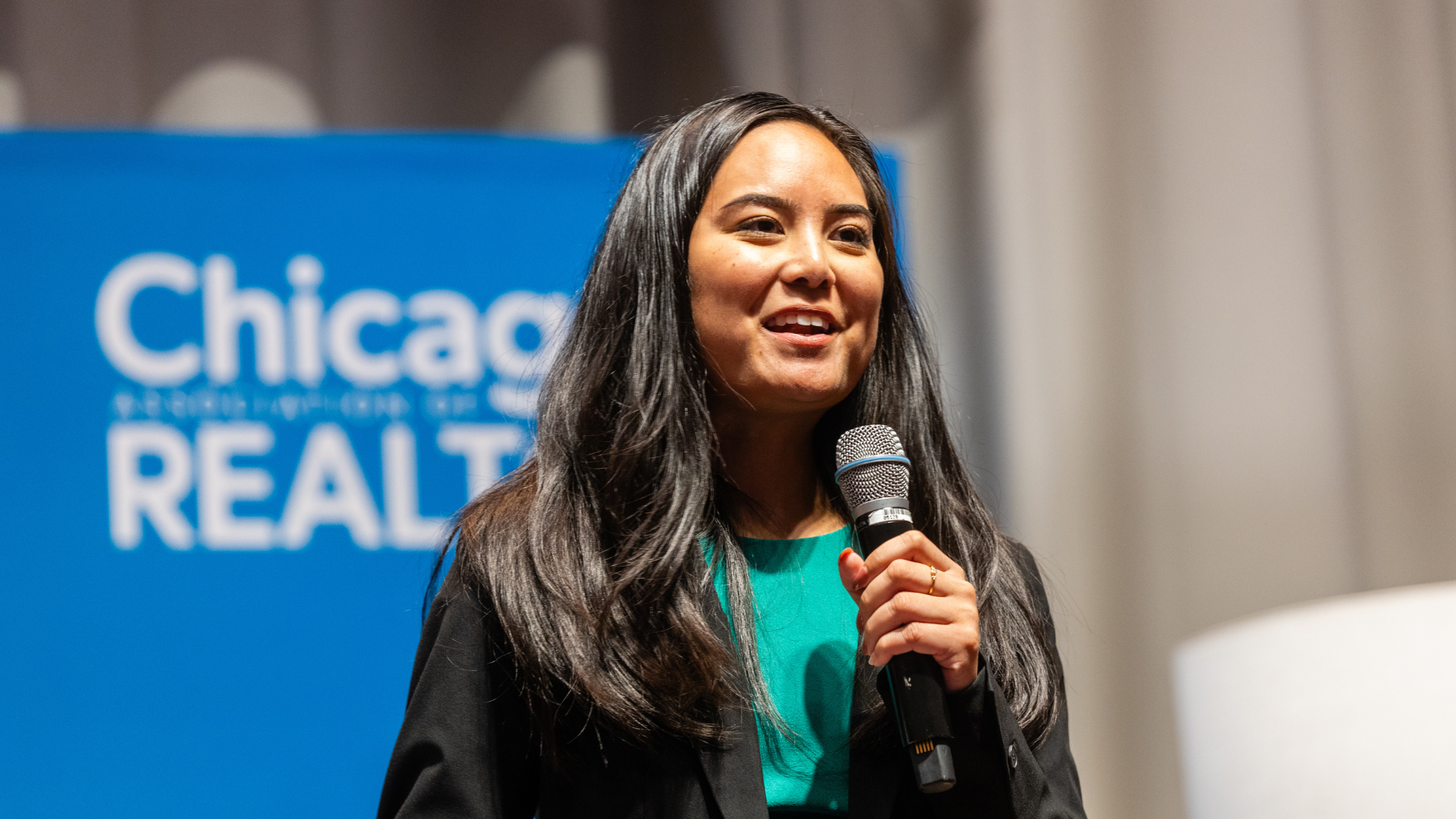At the 2024 360° Summit, Dr. Abigail Cruz, Carnegie Mellon University, delivered a presentation on neurodiversity. Her session challenged real estate professionals to rethink their approach to client interactions and embrace a more inclusive mindset.
A Background on Neurodiversity
Imagine a world where differences in how our brains function aren’t seen as deficits, but as natural variations – much like biodiversity in nature. This is the essence of neurodiversity, a concept that’s been gaining traction since the 1990s.
As Dr. Cruz explained, “Neurodiversity is the diversity of our minds. No two people’s minds are exactly alike because of our biology, nature and nurture.” This perspective shifts us away from the traditional medical model of disability, which often seeks to “fix” or “cure” neurological differences.
From Awareness to Acceptance
The neurodiversity movement has evolved from simply raising awareness about conditions like autism and ADHD to advocating for full acceptance and inclusion. As Dr. Cruz pointed out, “I don’t want you to just know that I’m here and I exist. I want you to know that I deserve to be accepted.”
This shift in thinking has profound implications for real estate professionals. It’s not just about being aware that some clients might be neurodivergent; it’s about creating an environment where all clients feel understood and valued, regardless of how their brains process information.
Practical Strategies for Real Estate Professionals
So, how can REALTORS® apply this knowledge in their daily interactions? Dr. Cruz offered several practical tips:
- Practice compassionate curiosity: Ask about communication preferences and sensory needs without making assumptions.
- Be literal and direct: Remember that phrases like “I’ll talk to you later” might be interpreted differently by someone who processes language literally.
- Provide clear timelines: Instead of vague deadlines, offer specific dates and times for responses or decisions.
- Consider sensory experiences: When showing homes, be mindful of lighting, scents, and other sensory elements that might affect your clients.
A New Perspective on Client Service
One attendee asked whether neurodivergent clients should be treated differently. Dr. Cruz’s response encapsulated the essence of the neurodiversity paradigm: “The way that you connect with a client is the same way you connect with anyone, whether they’re neurotypical or neurodivergent.”
This approach doesn’t just benefit neurodivergent clients; it enhances the real estate experience for everyone. By being more explicit in our communication, more considerate of individual needs and more flexible in our processes, we create a more inclusive and effective service for all clients.
As we navigate the complex world of real estate, let’s take Dr. Cruz’s message to heart. By embracing neurodiversity, we’re not just adapting to a changing world – we’re actively creating a more inclusive and understanding one, one client interaction at a time.







